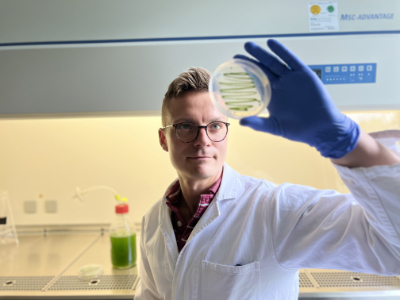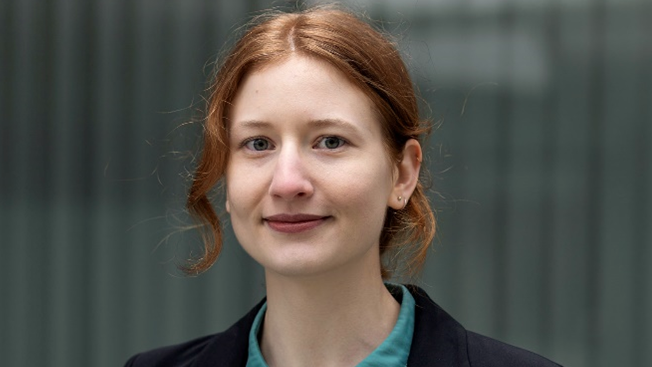Digital innovation for traditional medicinal plants: DiP-OptiLamia optimises thyme, oregano, marjoram and lemon balm using state-of-the-art breeding methods for sustainable value creation in Saxony-Anhalt.
New perspectives for medicinal and aromatic plants
What many people don’t know is that Saxony-Anhalt is one of the most important German locations for the cultivation of medicinal and aromatic plants. Thyme, marjoram and other medicinal plants have been grown here for over 150 years. The DiP-OptiLamia project is now bringing this tradition into the digital age.
A network of research institutions and regional companies is developing innovative breeding methods for important medicinal plants. This combines state-of-the-art molecular biological methods with digital data analysis. The aim is to breed plants that produce more valuable ingredients and at the same time are better able to cope with climate stress.
The developed varieties are to be grown directly in the region. Optimized processing processes result in high-quality products for medicine, cosmetics and the food industry. DiP-OptiLamia thus not only strengthens Saxony-Anhalt’s position as a centre for medicinal and aromatic plants, but also creates new economic prospects for the region.
• Development of high-yielding and climate-resilient varieties
• Optimization of essential oils for specific applications
• Development of a digital resource for Lamiaceae breeding
• Protection and strengthening of the regional “Thuringian marjoram”
• Development of sustainable processing processes
• Creation of new regional value chains
Using state-of-the-art analytical, molecular genetics and bioinformatics methods, MLU and Dr. Junghanns GmbH develop high-yielding thyme and oregano varieties that are particularly well suited for cultivation in Saxony-Anhalt. One focus is on the optimization of valuable essential oils for medical and food applications.
The sub-project focuses on the development of a hybrid variety of marjoram for cultivation in Saxony-Anhalt. The aim is to optimise seed propagation and strengthen the market position of the regionally famous “Thuringian marjoram”. In addition to breeding improvements, the work of Dr. Junghanns GmbH also includes optimisations in the areas of cultivation technology, post-harvest treatment and product development of thyme, marjoram, oregano and lemon balm.
The focus of this subproject is the phenotypic, chemotypic and molecular biological characterization of lemon balm, a traditional medicinal and spice plant. A marker-based breeding strategy is to be developed in order to develop high-quality varieties for cultivation and subsequent high-priced utilization options.

In this sub-project, the processing of medicinal and aromatic plants is optimised by drying or extraction. A special focus is on increasing the energy efficiency of these processes. The development of a method for the unambiguous identification of marjoram from Saxony-Anhalt is intended to protect the market against inferior counterfeits.

The research content of this subproject focuses on the analysis of the process steps from Lamiacee to drugs and spices. To this end, methods such as the modelling of value creation networks and market analyses are used to evaluate and optimise the economic potential, especially for the Central German region. The aim is to make the value chains sustainable and to increase the competitiveness of the actors involved.
